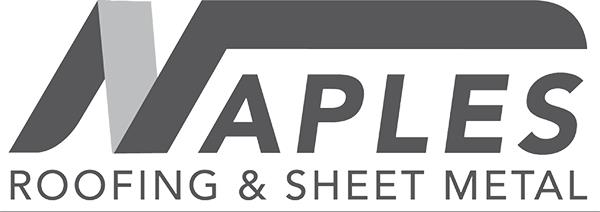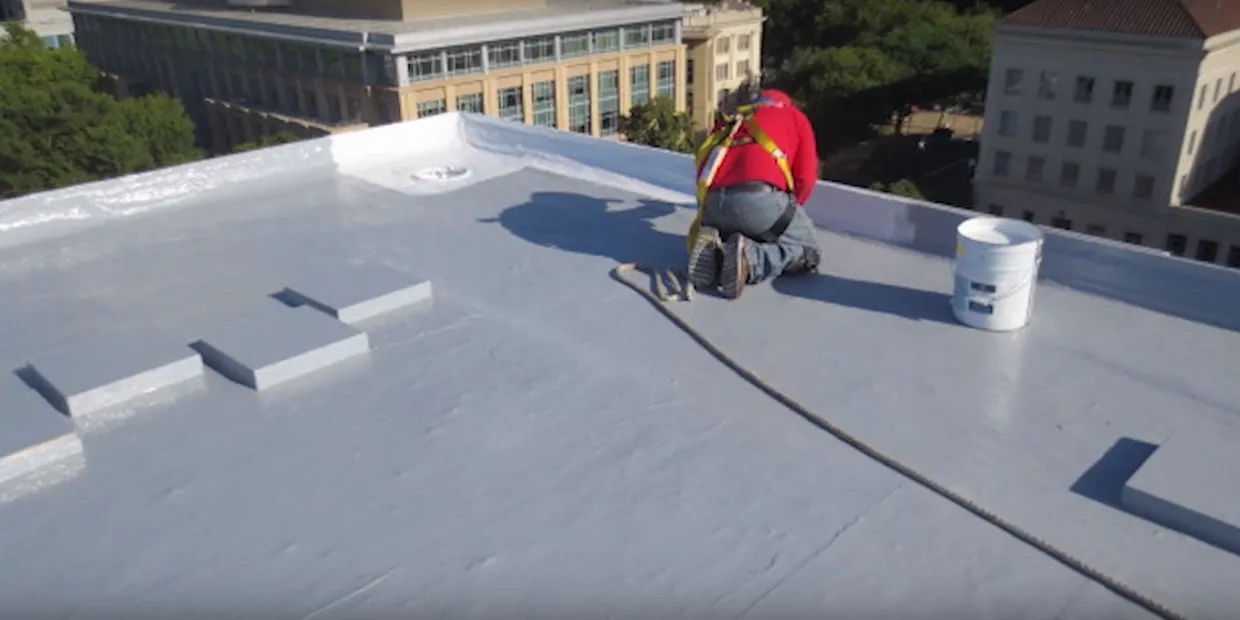Important Things You Should Know About TPO Roofing
TPO roofing in USA is one of the most popular roofing solutions for commercial buildings with a low-slope or flat roof.
Why? The expense is one of the reasons, but it isn’t the only one. There are also benefits to considering TPO roofing.
This TPO roofing guide will explain all you need to know about TPO roofing. You’ll learn everything you need to know about TPO roofing so you can make an educated decision about your next roofing project.
What is TPO Roofing?
TPO is thermoplastic polyolefin that can be used in a variety of applications. On flat or low-sloping roofs, a TPO roof system is made up of a single-ply roofing membrane supported by a properly built solid base – sometimes an engineered insulation system.
Ranging from 40 mils to 80 mils and beyond. TPO roof membranes are available in a variety of thicknesses. And the quality of the products varies greatly from one producer to the next.
To construct watertight seams and seals around roof edges and penetrations, the membrane is bonded to the roof by adhesives, mechanical fasteners, and other heat welding procedures.
TPO roofing systems create an excellent barrier that repels snow, water, and ice, as is the goal with most roofing systems. To keep your contents and structure safe and dry.
About TPO Roof Membrane
Perhaps you’re curious… What are the components of TPO roofing?
Single-ply TPO roof membranes comprise at least three linked layers, forming a unified membrane. Manufacturers modify polypropylene-based polymers, known as TPOs, to enhance tensile strength, flexibility, and impact resistance while preserving the inherent chemical resistance in PP products.
TPO membranes may include thermoplastics, EPR or EPDM rubber, and additional compounds (depending on formulation) such as talc, fiberglass, or carbon fiber to improve durability and effectiveness.
Pigments, antioxidants, fire retardants, lubricants, and UV absorbers are all included in the TPO membrane formulation, all of which are designed to improve performance.
Latest Blog: Commercial Roof Replacement: Considerations and Benefits
A single-ply reinforced TPO roof membrane consists of the following layers:
- UV-blocking and abrasion-resistant chemicals are used in the top layer.
- An enclosed intermediate layer is a high-strength polyester mesh material known as “scrim” that adds structure to the membrane while boosting puncture resistance and tensile strength.
- A base layer with a high level of adhesion, strength, and flexibility.
A fleece backing is sometimes included with TPO membranes to help in installation. Naples Roofing offers TPO roofing installation, repair, replacement, and preventive roof maintenance services along with various other commercial and industrial roofing material services.
TPO Roof Benefits
In some ways, a TPO roof outperforms other roofing systems. Here are some of the benefits of a TPO roofing system:
Puncture Resistance
Leaks can result from punctures. TPO is more puncture resistant than conventional roofing materials. Because the quality of the substrate design and installation processes can have a large impact on puncture resistance, hire among top-notch authorized roofing contractors.
Energy Efficiency
When opposed to dark-colored EPDM roof membranes, reflective TPO roof membranes available in white and other light colors can help save money on energy expenditures. When adopting a light-colored TPO roof, certain structures enjoy a significant reduction in heat absorption.
Cost-effectiveness & Value
When compared to alternative roofing systems such as commercial metal roofing, TPO roofing systems are one of the most cost-effective options, providing a superb mix of performance and affordability.
Weather Resistance in the Long Run
TPO is more resistant to long-term heat and the sun’s harmful UV radiation. Because TPO does not shrink, seams and sealants stay in place over time.
Strength of Welded Seams
The strength of a weather-tight roofing system is determined by the strength of its seams. A professionally fitted TPO roof system with welded seams creates a cohesive membrane across the entire roof.
Steps to TPO Roofing Installation
A typical TPO roof installation procedure is depicted in the steps below. The kind and age of the existing roof, regulatory requirements, the condition of the roof substructure, and a variety of other elements can all influence the final installation. Every day, the new roof is sealed to the old roof to prevent roof leaks overnight on multi-day TPO installation jobs.
Jobsite Staging => Material Staging => Rought Roof Tear Off => Roof Tear Off => Debris Removal => Roof Deck Repairs => Deck Cleanup => Insulation Installation => Membrane Installation => Seam Welding => Seam Checks => Quality Approvals
What to Look for When Hiring a TPO Roofing Installer?
An expert commercial roofing contractor is required to install a TPO roof. TPO roofing is a type of roofing that is unique to the industry. Complex roof systems, on the other hand, necessitate meticulous workmanship and strict adherence to manufacturer specifications.
If hail or wind has damaged your roof, you’ll want a contractor working with you every step of the way. Someone who can handle emergency roof repairs, loose lay TPO interim roofing, and complete installation.
Check for the following qualifications in a TPO roofing contractor:
- Is the company in your state licensed, bonded, and insured?
- Trained and certified by the manufacturer to provide the greatest quality and warranty choices.
- Experience managing staged roofing projects that may involve installation and tear-off at the same time.
- Worked with insurance companies on damage claims before.
- Installing your type of flat roof on a variety of projects is a must.
A competent roofing contractor can help you prevent significant problems like leaks and give you a roof that will last for decades.
Naples Roofing is a roofing company having an expert roofing installation, repair, replacement, and emergency disaster relief team that works efficiently and effectively for each commercial and industrial roofing project. We are NRCA certified and have more than 45 years of experience offering various roofing services in the USA. Contact us today to request an estimate for required services!



